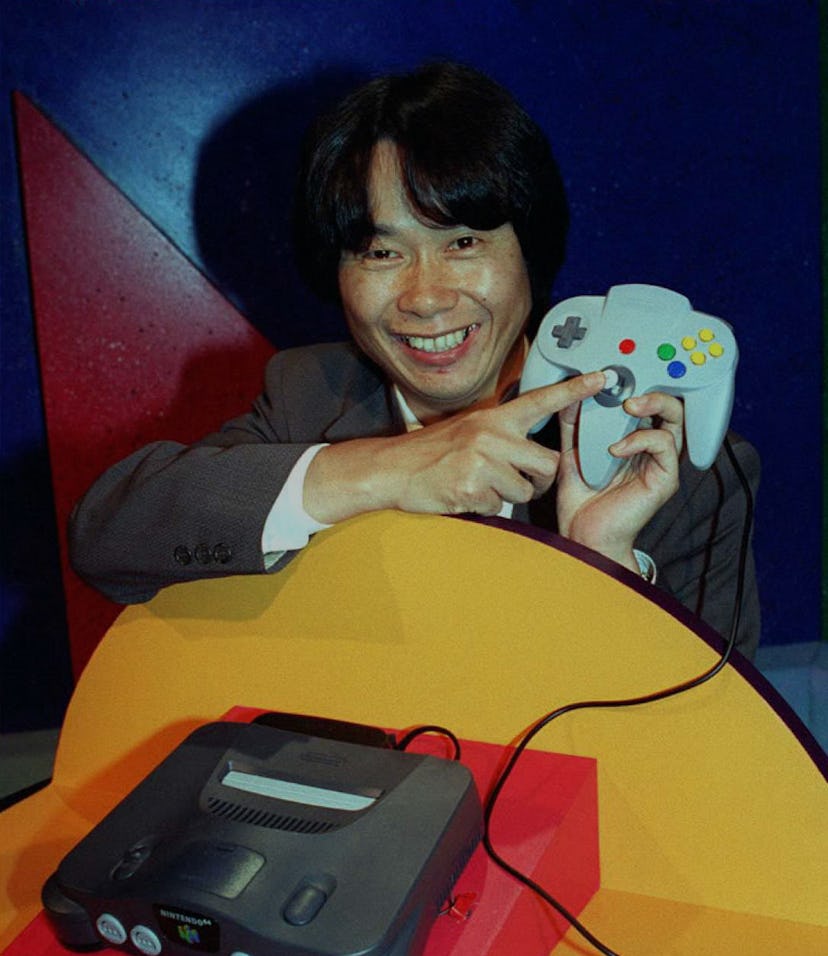Retro
RetroArch will introduce emulation hardware focusing on the N64
The company behind the frontend emulation solution wants to get physical.

The market for functional emulation software/hardware is quickly expanding. Playmaji’s Polymega console might be one of the most recognizable devices in the space and offers compatibility with games from older systems that include the NES, SNES, Sega Saturn, and original Playstation. And then of course, the Analogue Pocket provides a prestige, retro handheld gaming experience at a price. Now another competitor will attempt to enter the field — RetroArch, a company that is know for its “frontend software for emulators, game engines, and media players,” seeks to produce a physical device.
In an announcement made this week, RetroArch has stated that it has “partnered with a hardware manufacturer for a commercial release,” which would achieve the vision of an open hardware and open software solution, working in tandem.
Similar to the Polymega, the RetroArch console would also be modular — a base unit to start, with additional modules for a range of console hardware to be mixed and matched at the user’s discretion. Where the two differ though, is that RetroArch intends on keeping its focus to the Nintendo 64.
Still in the pipeline— It is important to note that RetroArch aims to keep the hardware project true to the software’s DIY nature (open source, with room for collaboration). In fact, towards the end of the previously mentioned announcement, the company included two links: One to a survey, where those interested can mark down what they would like to see with this project and one to a newsletter that would include updates along the way.
While RetroArch would like to enter production in mid 2022, it is aware of the current global supply chain constraints, and hilariously included the following caveat: “Knowing current global shipping tho, there will be some nightmares down the road.”
If a more community-based emulation option is something you would like to see come to fruition, I’d recommend signing up for RetroArch’s newsletter. In the meantime you can download the frontend software for use on Steam and itch.io.